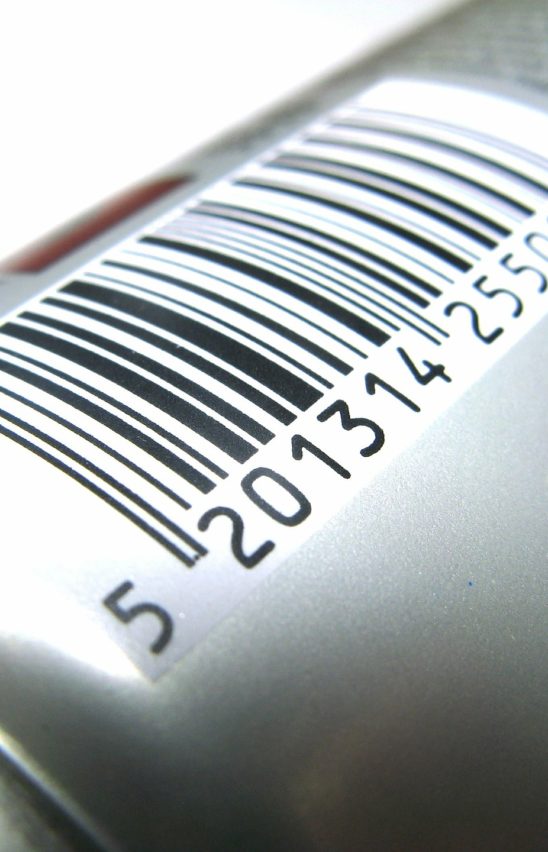
Consumers Information: When an app takes over the agri-food industry
A major actor of the food retail business, Intermarché (5th in France), announced in September its ambition to modify 900 of its recipes for its products to get better grades according to the standards of the application Yuka. Beyond the paradox of the announcement – Intermarché is basing its communication on an app that is challenging its model – it reveals a profound trend impacting the agri-food sector. Intermarché is not only trying to reconquer Yuka’s users; for one of the only food distributors manufacturing its own products, it demands the withdrawal of more than 150 additives to be done in only 18 months with major impacts on its production line, in-house or with its suppliers.
Digital platforms, the main source of information for consumers
The agri-food industry doesn’t seem to know how to face the rising demands of transparency and products’ quality from consumers.
Not that long ago, the industry led the way through catchy advertising campaigns (“dairy products, your friends for life”), deployed its influence through public health policies (ANIA, the national federation of the agri-food industry, sits at the Nutritional & Health National Program, the authority responsible for ‘5 fruits and vegetables a day’) or introduced precepts well integrated in our daily habits (breakfast, the most important meal of the day).
But emerging trends such as Yuka caught the industry by surprise. The Yuka app is based on an open source of collaborative data, Open Food Facts, that Yuka’s users can in turn enrich. Over 500 000 products are referenced on the platform and around 1 500 contributions are registered every day.
The application promotes transparency, allowing consumers to know with a simple scan whether the product is excellent, good or mediocre, by showing the nutritional quality and composition of the food. The grade is based on the nutritional quality (60% of the result), following the Nutri-Score, the presence of dangerous additives (30% of the result), based on sources such as UFC Que Choisir, and the organic aspect of the product (10% of the result). Launched two years ago, this independent French application is now used by over 10.5 million consumers in France.
A strike back without success from the agri-food industry
Food retailers tried to react with the creation of their own applications, without success. Magasins U launched in September the ‘Y’A Quoi Dedans’ app, an equivalent of Yuka to the exception that the grading criteria were not in line with public health recommendations or consumer’s expectations.
The agri-food industry big 5 (Mondelez, PepsiCo, Coca-Cola, Nestlé et Unilever) have given up on the Evolved Nutrition Label, a label of their own designed to compete with the NutriScore that is present on 25% of products with processed food in France.
Although those initiatives are based on the same database as Yuka, Open Food Watch, their interpretation of the data is different. A few years ago, consumers would have put their trust in the brands they knew and bought every day. Today, it is a fierce example of the decreasing trust of consumers in the historic actors.
Other retailers such as Carrefour have refused to grade their own products and have directly provided their data to Open Food Facts instead. This strategy may seem to diverge from Intermarché’s but it all comes back to the same question: what can be done now that consumers are taking back control over what they eat?
A balance of power modified by consumers
Today, customers want to play an active role in their choice of products. Consumers have found in Yuka an important ally, whether we are talking about the ones using Yuka to teach their kids, to follow a strict regimen or to inform themselves.
By making into a militant act the simple fact of buying food, Yuka has been a major tool to put pressure on food retailers and has succeeded where many discussions led by public authorities with industrials have previously failed.
A survey by Kimso of 230 000 users of Yuka, has shown that 90% of them are convinced that the app can drive brands to offer better products and 88% think that the app can have an influence in the evolution of the legislation regarding authorized and unauthorized additives in products.
The major brands of the agri-food industry, whether producers or retailers, have not managed to anticipate the active role that consumers are taking and have missed the boat. Intermarché’s example illustrates their inevitable reactive posture.
And new actors are still emerging to take part in the debate such as C’est qui le Patron. Their app “C’est quoi ce produit”, will be launched in October and has already 25 000 products registered. This app will not only let the consumer know if a product, food or cosmetics, is good or bad for his health, it will also take into account the environmental impact.
Another app that will take the lead at the expense of the historical actors of the agri-food industry.
